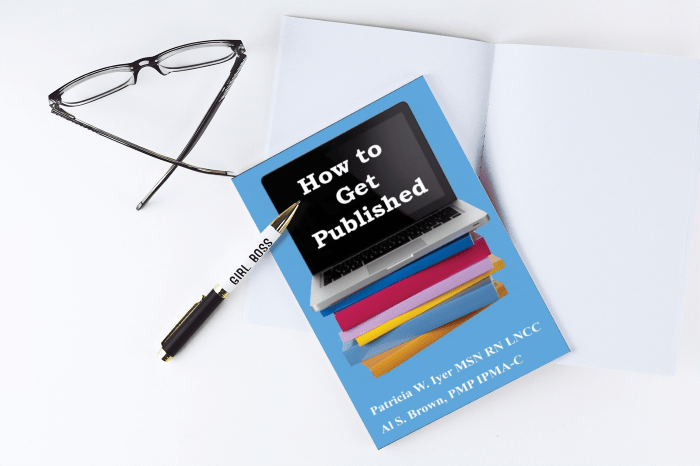 You’re planning to write or you’ve just written a book. When you tell a friend about your project, he asks you about agents and publishing houses. You respond that you’ve looked into self-publishing, and you think you’ll follow that route.
You’re planning to write or you’ve just written a book. When you tell a friend about your project, he asks you about agents and publishing houses. You respond that you’ve looked into self-publishing, and you think you’ll follow that route.
He doesn’t sneer (at least, he doesn’t if he’s really your friend), but he says, “You mean ‘vanity publishing’?”
You’re upset now because you know that vanity publishing has some derogatory overtones—and you’re right about that. Unfortunately, you don’t know enough to argue with your friend that self-publishing isn’t the same thing.
It will help you in your writing/publishing journey to know the difference. In this post, I summarize the main differences.
What Vanity Publishing Is
The phrase originated in 1959 to describe publishers who got their primary income from what writers paid them to publish their books—not from sales.
A vanity press will typically prepare your manuscript for publication and publish it. You won’t have to do any of that. The publisher will usually do minimal copyediting and proofreading. All your typos and other errors will most likely be faithfully preserved. The publisher will design a cover.
 When your book is done, a truck pulls up to your house and offloads boxes and boxes of books you agreed to buy. Publicizing and promoting your book is up to you. Better have room for the boxes.
When your book is done, a truck pulls up to your house and offloads boxes and boxes of books you agreed to buy. Publicizing and promoting your book is up to you. Better have room for the boxes.
Because self-publishers pay varying amounts of money for the services needed to bring a book to completion, it’s not possible to say exactly how much more it costs to turn your manuscript over to a vanity publisher, but it’s a lot. Those who have been bilked by these publishers also state that many hidden costs lurk in the small print of the contracts signed. The authors usually get less than they’d been led to believe they would receive.
If you think of vanity publishers as piranhas or vampires, you’ll be close to the truth.
With Self-Publishing, You’re in Charge
In contrast, when you choose to self-publish, you have control over every stage of the process. For cover design, as an example, you can decide to pay anywhere between $30 to $1500 for this work.
 People with these skills solicit business on Fiverr.com, Upwork.com and 99Designs.com.
People with these skills solicit business on Fiverr.com, Upwork.com and 99Designs.com.
You can ask your self-publishing friends and acquaintances for recommendations and see the artists’ work online. You have many options.
And you may discover that you get a lot of satisfaction from learning new skills in the areas of text design, formatting, and coordinating different aspects of the publishing process.
 With print on demand technology through Amazon.com and Lulu.com, you need not pay for cases of boxes. Print on demand means that when you get an order, the book iIs printed within a few days and shipped. As the author of the book, you can order a single or multiple copies of your book. There is no inventory.
With print on demand technology through Amazon.com and Lulu.com, you need not pay for cases of boxes. Print on demand means that when you get an order, the book iIs printed within a few days and shipped. As the author of the book, you can order a single or multiple copies of your book. There is no inventory.
Welcome to Independent Publishing
With the launching of e-book technology, a new wave of self-publishers formed. They found each other and banded together.
Some saw at once the value of even further distancing themselves from the “vanity publishing” stigma and began to call themselves “independent publishers” and sometimes “indies.”
I think this way of phrasing has a lot of value. It distinguishes an ever-growing throng of authors from both traditional and vanity publishing. It creates a framework for community.
In the end, that’s much more important than whatever your friend thinks.
- There is an article or book trapped inside you that is aching to get written
- You are interested in developing or expanding your ability to write for publication.
- You are unsure how to get started as an author.
- The idea of writing seems so overwhelming that you do not know how to start.
- You are afraid of being embarrassed by misusing words.
- You are concerned with avoiding traps associated with being an author or editor.
If you liked this post, you’ll love How to Get Published.
 Pat Iyer is an editor, author, book coach and ghostwriter who helps individuals create books that encourages their expertise to shine and advances their businesses. She has written or edited 48 of her own books.
Pat Iyer is an editor, author, book coach and ghostwriter who helps individuals create books that encourages their expertise to shine and advances their businesses. She has written or edited 48 of her own books.


